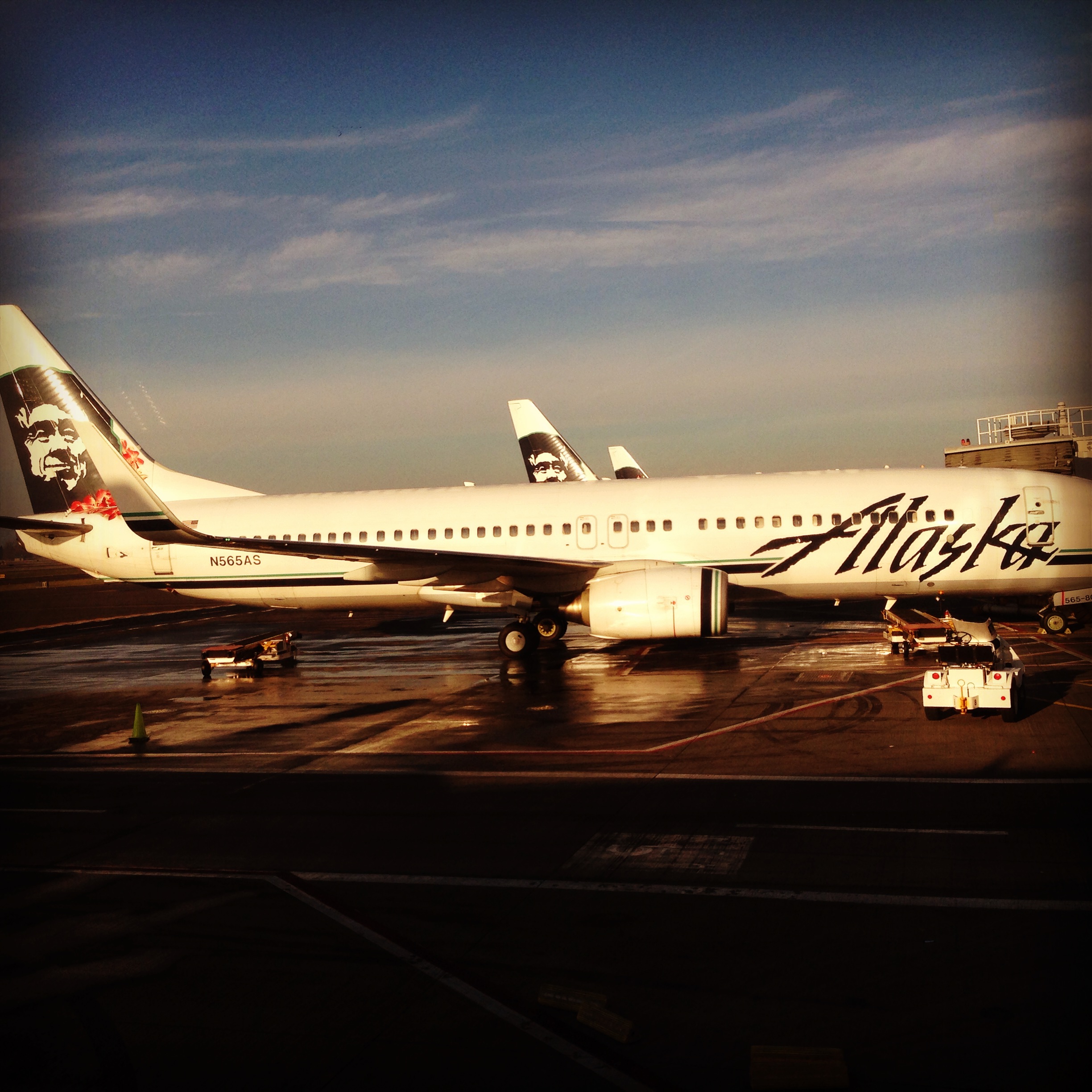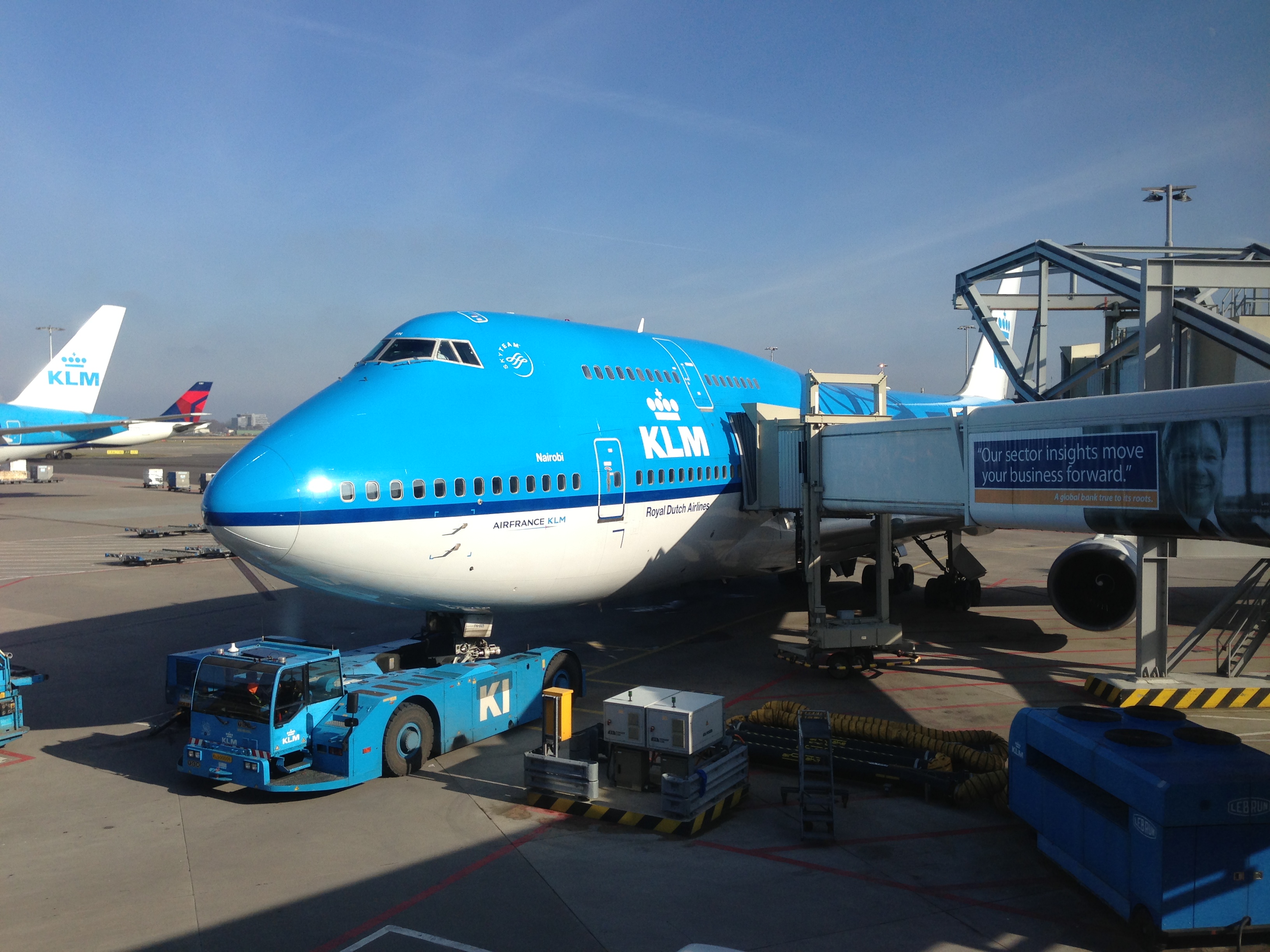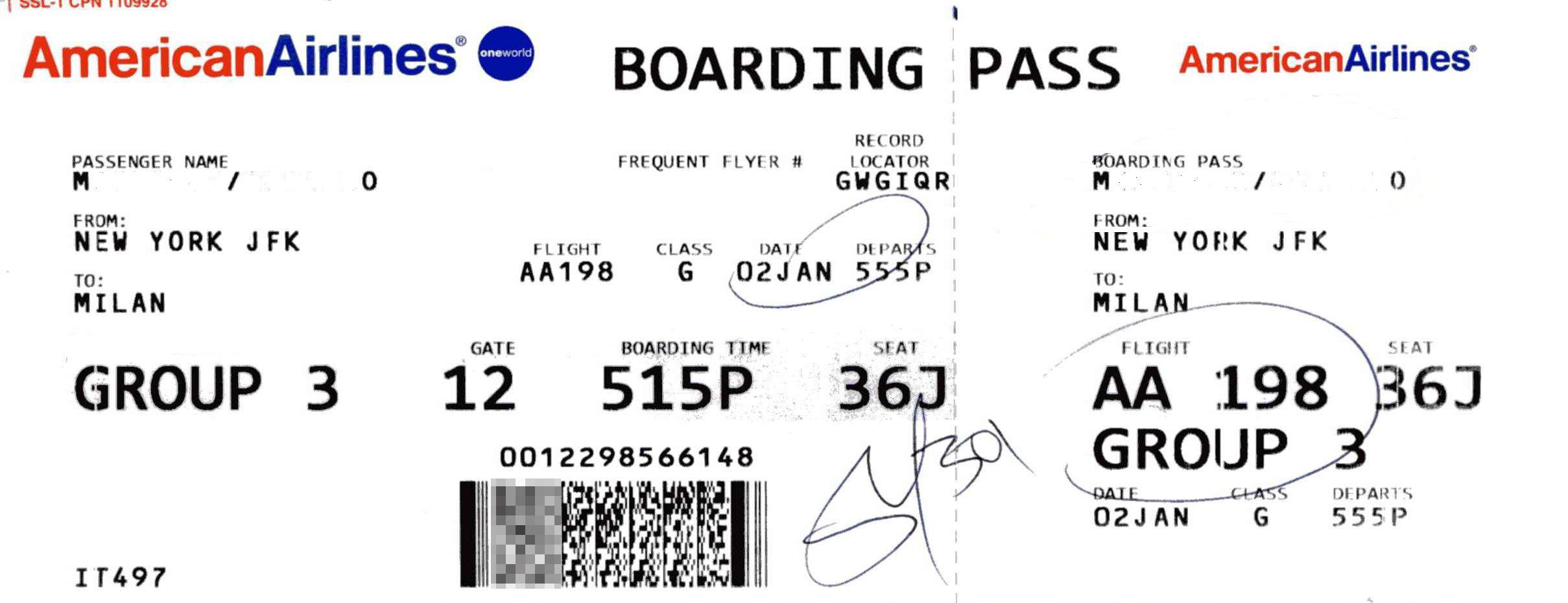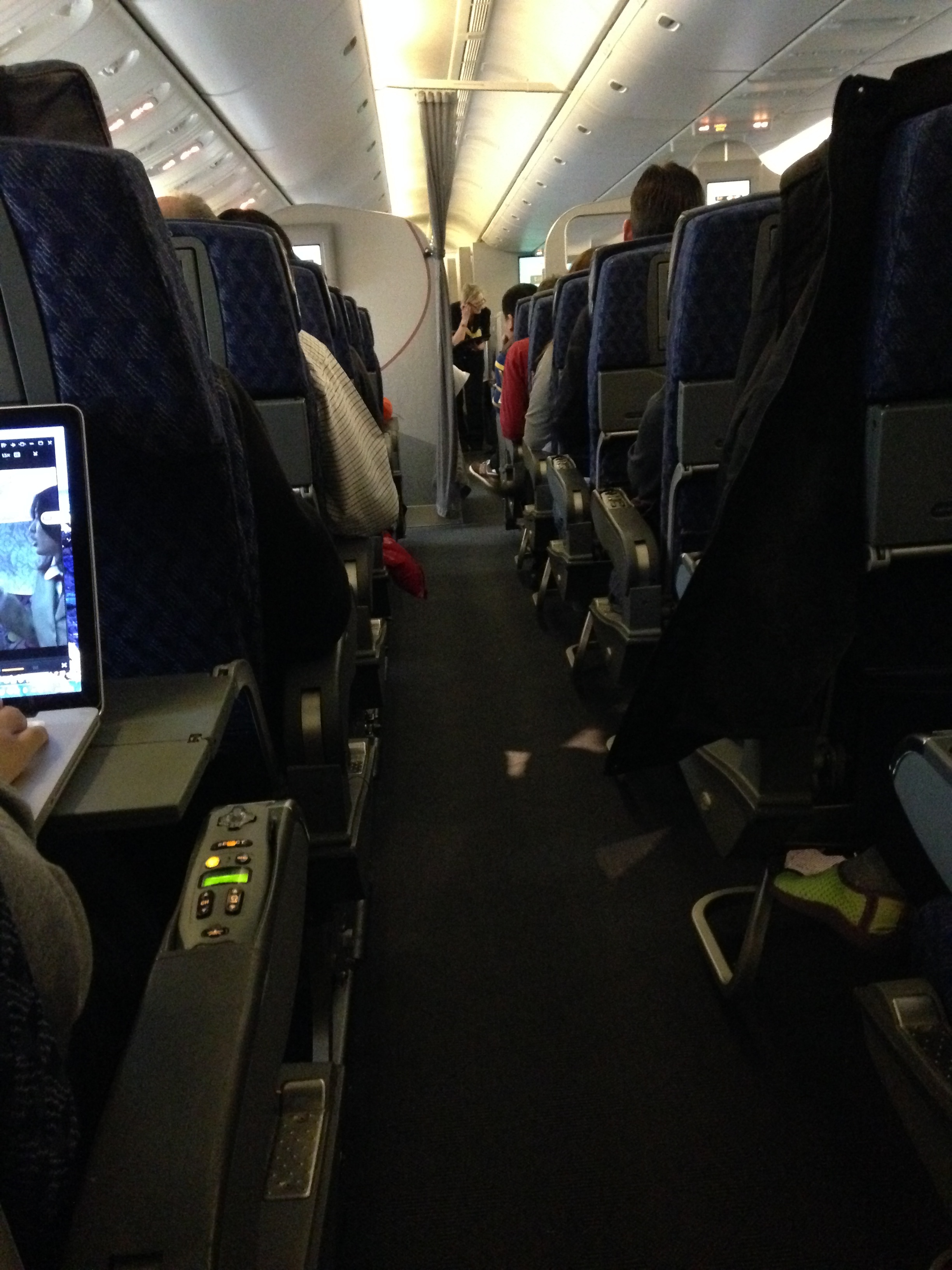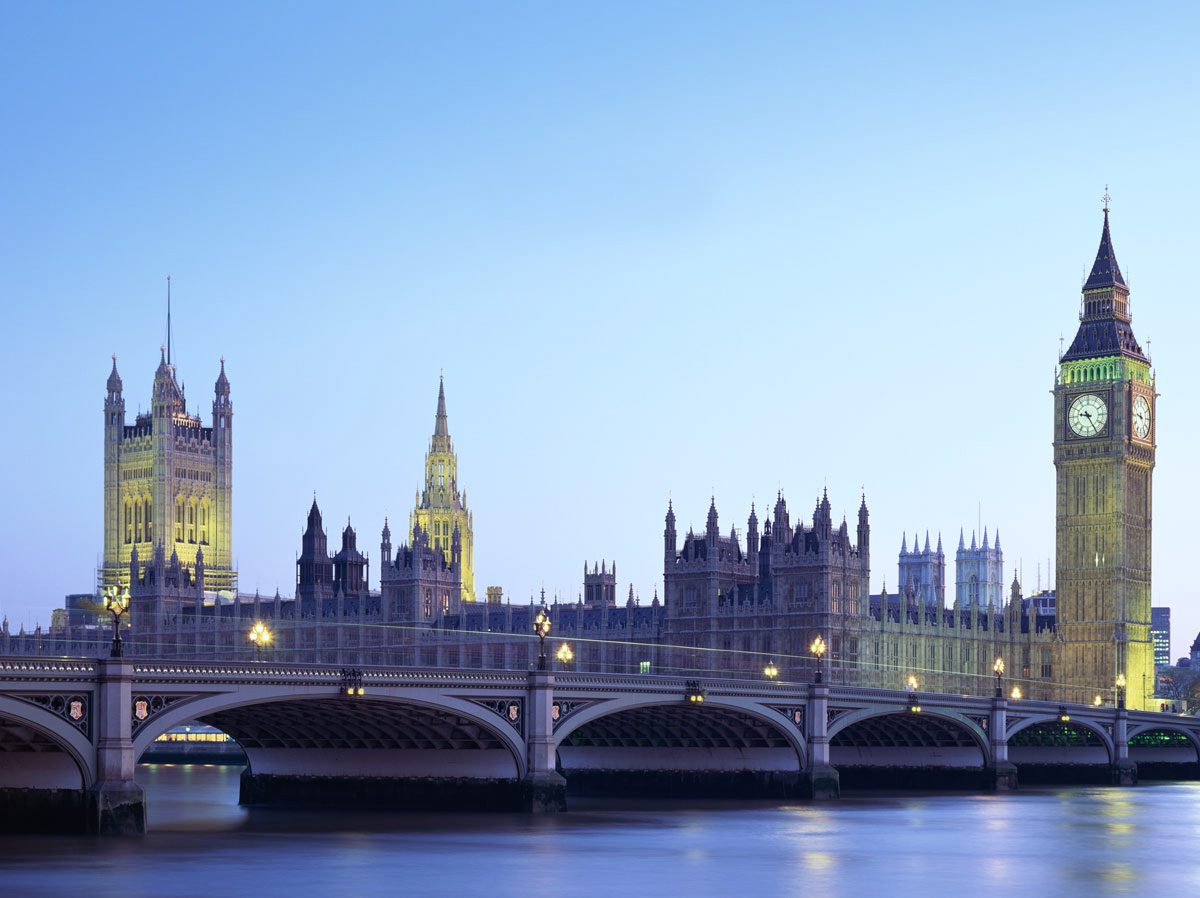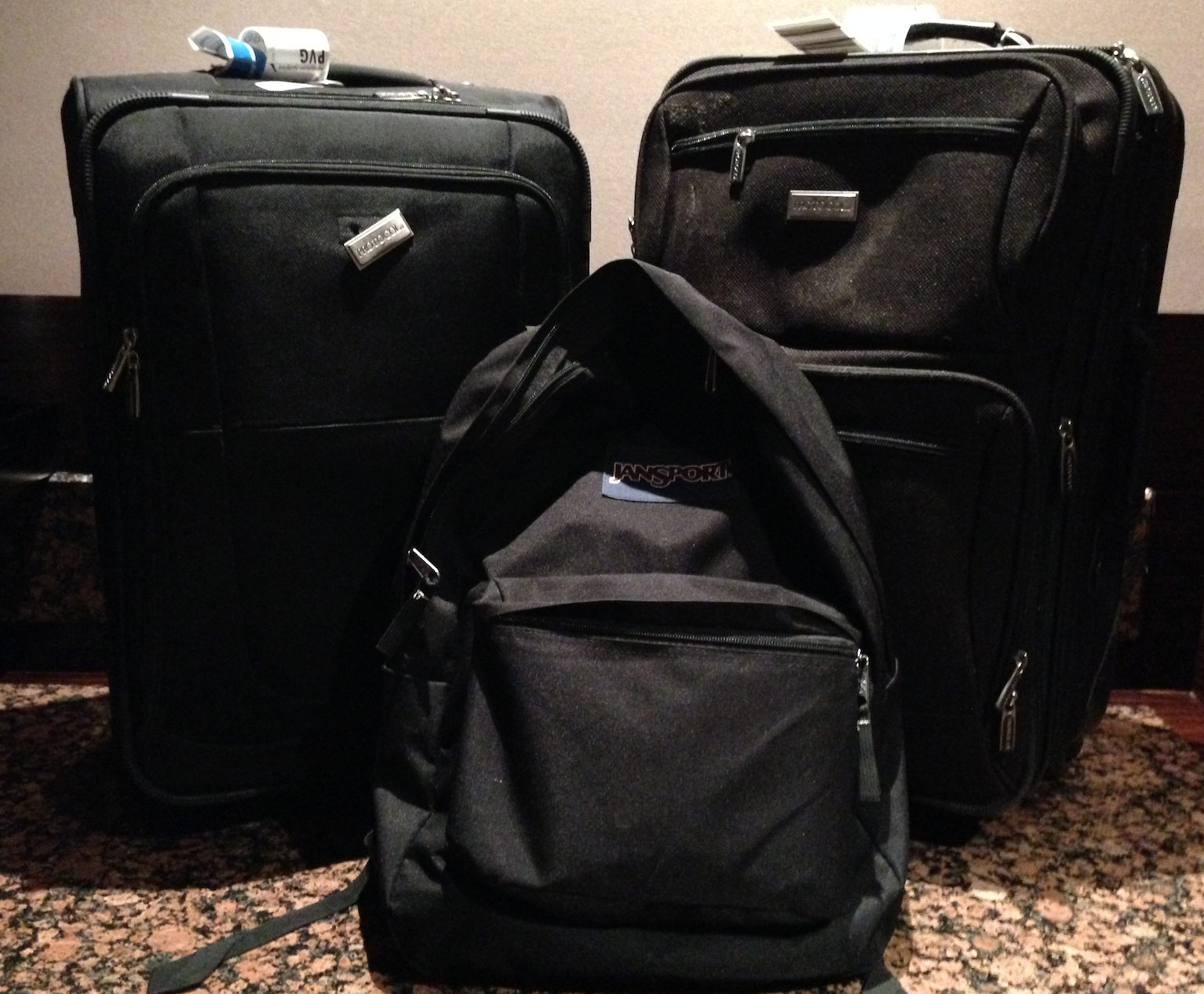Fares May Increase 54% With Mandatory Social Distancing On Planes
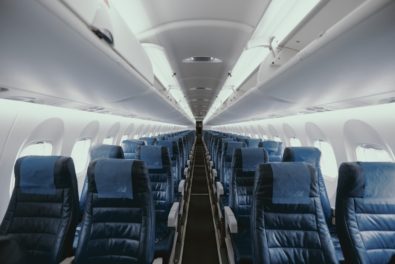
Fares May Increase 54% With Mandatory Social Distancing On Planes
Social distancing is on the minds of many on the ground and in the air. Airlines have been forced to respond to backlash on planes where passengers sitting close to each other. Yesterday, Frontier Airlines came out with a system that allows people to pay for social distance seating. Some airlines have announced capping seat sales on flights, and many airlines have implemented face mask requirements. But now the International Air Transport Association (IATA) is warning governments that fares will increase 54% with mandatory social distancing regulations.
IATA’s Press Conference Remarks
IATA’s Chief Economist, Brian Pearce, predicts that social distance regulations would lead to a 62% decrease in average load factors. That will limit airlines’ ability to increase revenue at a time when many airlines around the world are struggling financially.
The group claims social distance regulations will lead to fare increases of 54% on average. Even with those increases, not all airlines will make a profit on those flights. The group added that face mask requirements for many airlines have lessened the need for social distancing and that it still remains unclear whether social distancing lessens risk of transmission. The Centers for Disease Control and Prevention says there is low risk of transmission on airplanes.
IATA also said that the larger the aircraft the more potential loss to the airline. This means airlines may look to use narrow-body aircraft on more routes to lessen the loss. However, the group warns that even switching to narrow-body aircraft on some routes will not make up for revenue shortfalls.
Keep in mind, IATA is giving you the airline’s perspectives on this issue. That aside, their findings make economic sense. Clearly if airlines have a smaller capacity, they will need to find a way to make more revenue with limited seats available. Alternatively, they will lose even more revenue. Lost revenue is not a sustainable business model, and airlines will have to do something to pick up that revenue.
Do People Want To Fly?
Surveys have found that a majority of Americans are uncomfortable with flying. Even a millennials, a generation that likes to travel, are wary of returning to international travel. That poses a great challenge to airlines to get passengers back in the air. Of course, those opinions may change once people have the ability to travel again without state and local regulations requiring them to stay at home.
It’s unclear how big an impact higher fares will have on passenger bookings. In China, fares have dropped 40% as the country starts to reopen, but fare bookings are still down 67% over last year. A Chinese holiday last weekend into Tuesday led to an influx of 15 times as many bookings out of Beijing as the capital city loosened restrictions, as a possible sign of people’s willingness to travel once restrictions are lifted.
Bottom Line
I don’t think IATA’s complaint here is outside the scope of reason. In my opinion, social distancing policies on planes should not be mandated. I think Frontier’s approach is the right one, since it allows people to social distance but doesn’t prevent airlines from booking at capacity. It’s not certain when people will be willing to travel normally again, but another government mandate that hinders airlines’ abilities to fill seats is not a good one.
